PSYCHOLOGY DEPARTMENT
Psychology is a science that uses critical thinking and sound research practices to explore what, when, why, and how that drives behavior and mental processes.
The American Psychological Association (2022, January) describes psychology as follows:
Psychology is a diverse discipline, grounded in science, but with nearly boundless applications in everyday life. Some psychologists do basic research, developing theories and testing them through carefully honed research methods involving observation, experimentation, and analysis. Other psychologists apply the discipline’s scientific knowledge to help people, organizations, and communities function better.
As psychological research yields new information, whether it’s improved interventions to treat depression or how humans interact with machines, these findings become part of the discipline’s body of knowledge and are applied in work with patients and clients, in schools, in corporate settings, within the judicial system, even in professional sports.
Psychology is a doctoral-level profession. Psychologists study both normal and abnormal functioning and treat patients with mental and emotional problems. They also study and encourage behaviors that build wellness and emotional resilience. Today, as the link between mind and body is well-recognized, more and more psychologists are teaming with other health care providers to provide whole-person health care for patients.
(American Psychological Association. (2022, January). About APA. https://www.apa.org/about)
WHAT’S GOING ON AT TVCC IN PSYCHOLOGY:
Dr. Vickie Geisel’s psychology classes continue to be engaged with hands-on applications and activities. See the pictures below.
Psyc 2301 Student role playing different counseling therapy techniques
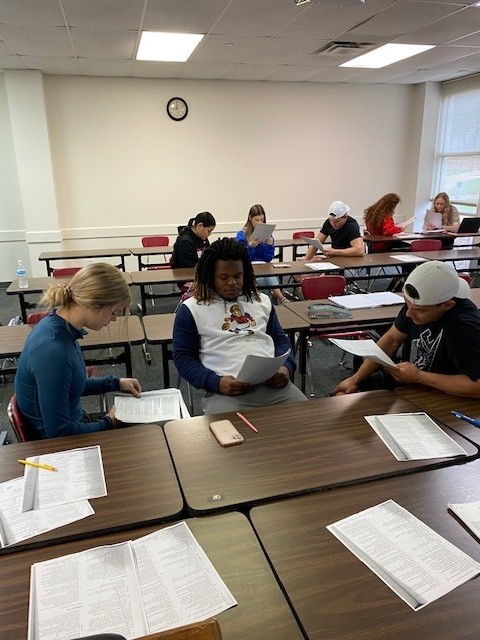
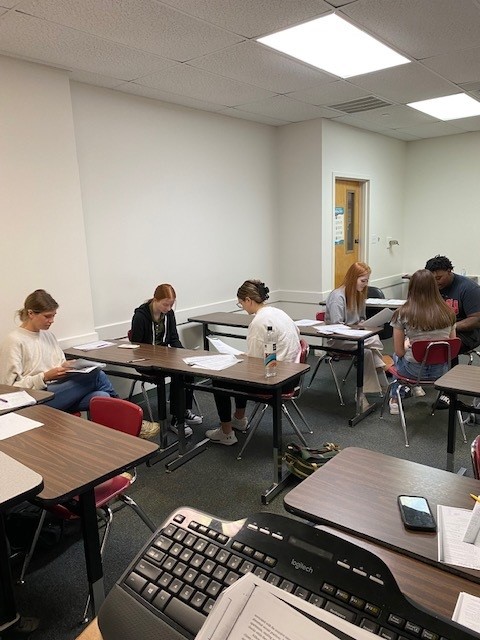
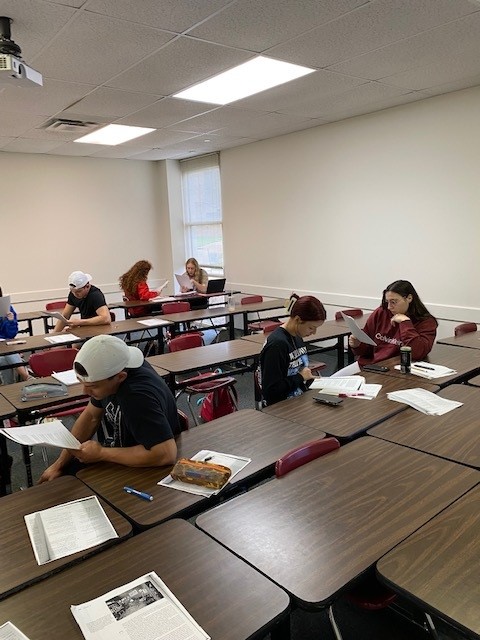
PSYC 2301 Disability Awareness
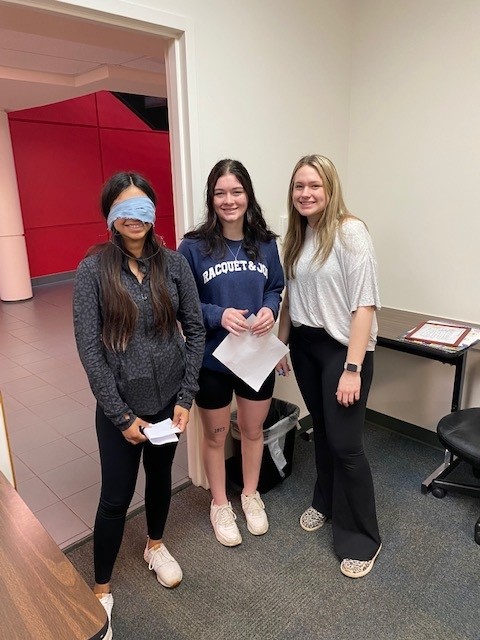
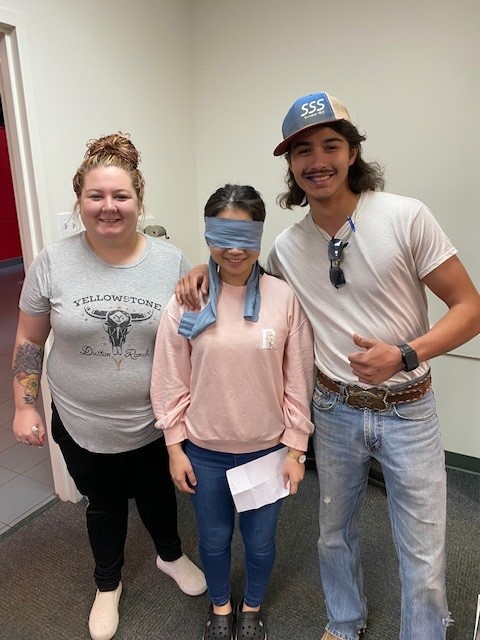
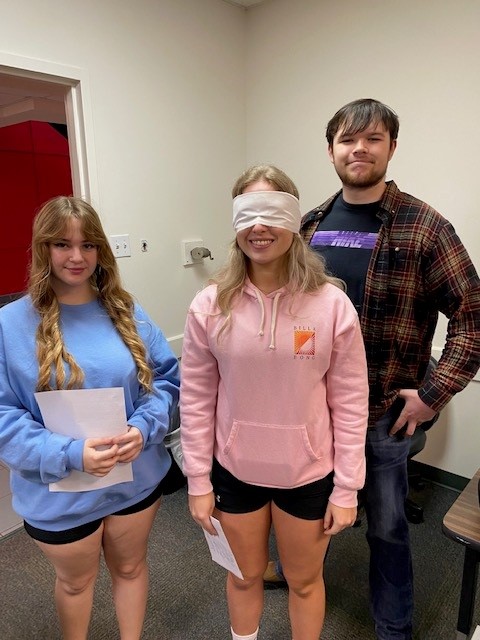
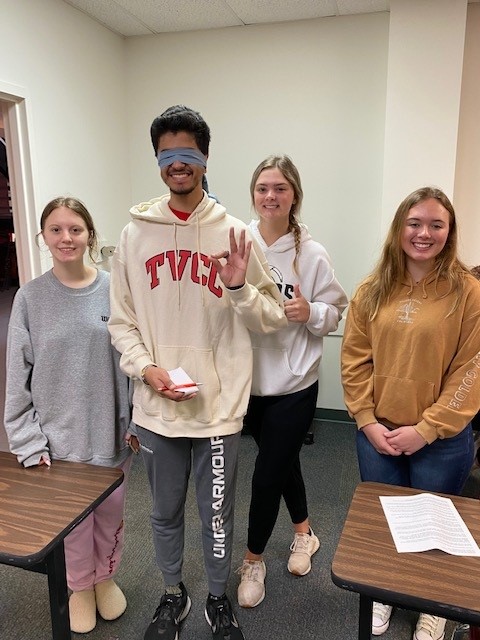
HISTORICAL INFLUENCES
Psychology stands on the foundational work of remarkable scientists such as
- Wilhelm Wundt (considered the father of psychology; first experimental lab in psychology 1879)
- G. Stanley Hall (established first United States experimental psychology lab 1883; founder of American Psychological Association 1892)
- William James & John Dewey (functionalism)
- Edward Titchener (structuralism)
- Mary Whiton Calkins (first woman to earn a PhD in Psychology but was denied the degree because she was a woman),
- Alfred Binet & Theodore Simon (general intelligence scale which later led to the IQ test)
- Margaret Floy Washburn (first woman earn and receive PhD in psychology)
- Sigmund Freud (psychoanalysis)
- John Watson (behaviorism)
- Ivan Pavlov (conditioning)
- B.F. Skinner (operant conditioning)
- Francis Cecil Sumner (first African American to earn PhD in psychology)
- Jean Piaget (child development)
- Hermann Rorschach (personality test based on inkblots)
- Carl Rogers & Abraham Maslow (humanism)
- George Miller & Noam Chomsky (cognitive psychology)